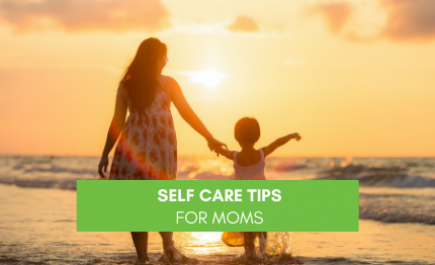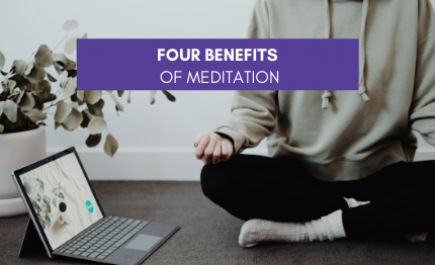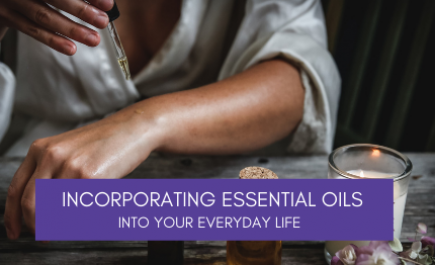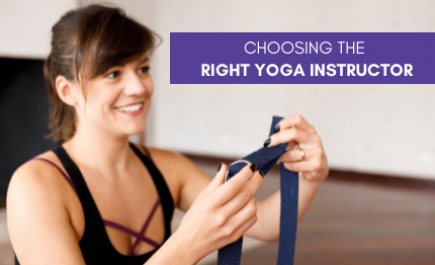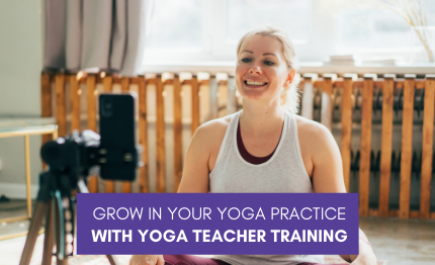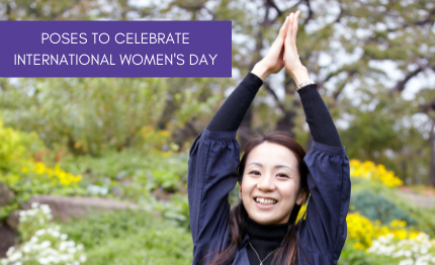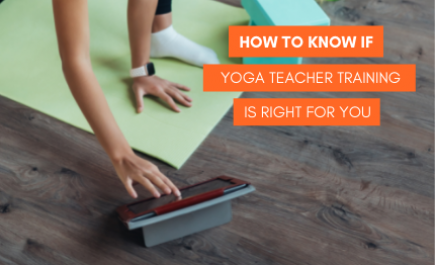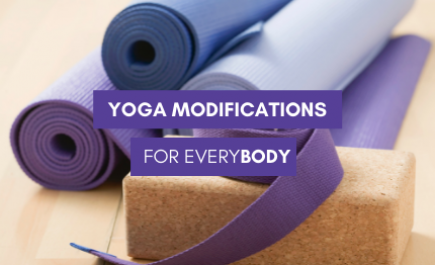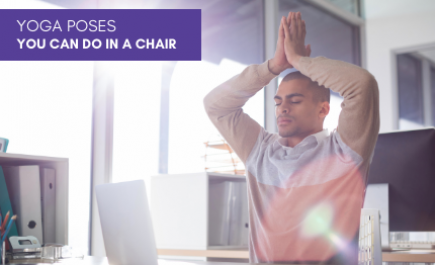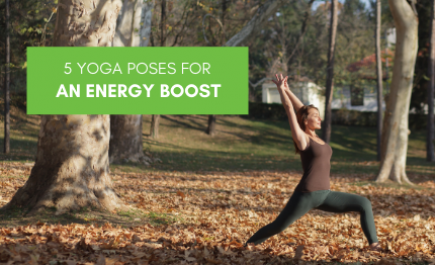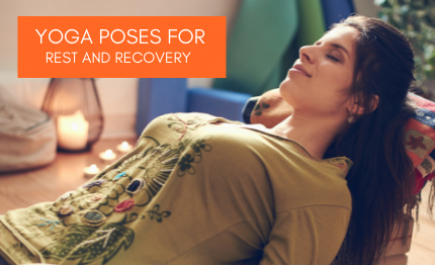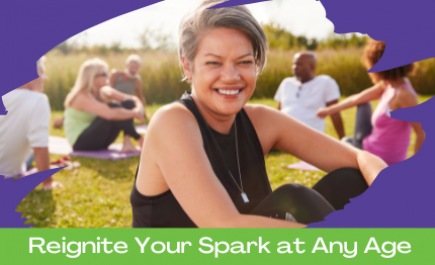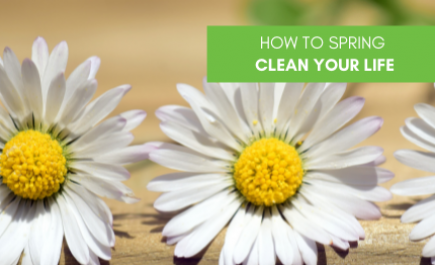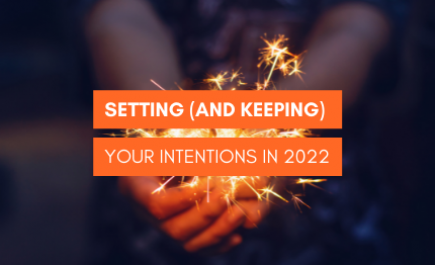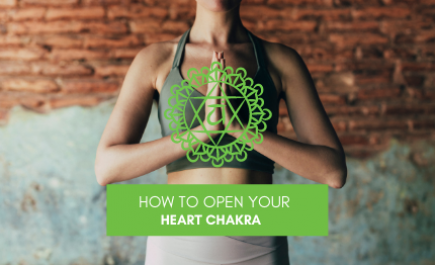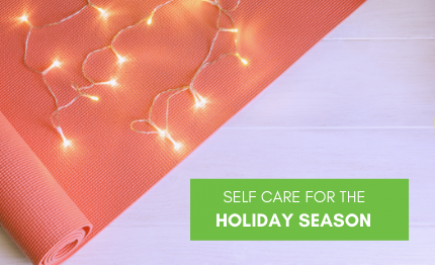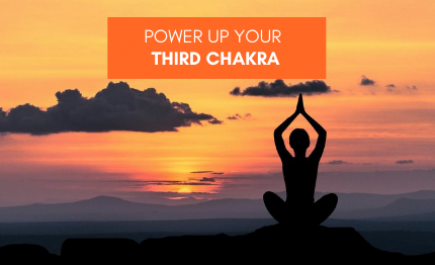Mama-ste! The 3 most important things my mother taught me.
I have a great relationship with my mother; in fact all of my 3 sisters do too. We jokingly call her the ‘Guru-Ma’ – the all-knowing wise woman. Looking back at our lives together, I have come to realize the number of important life lessons she has taught me are countless. But as we approach Mother’s Day, I wanted to share what I feel are some of the most important. So many mothers (moms to be, new moms, and even moms of 30+ years) struggle with putting other’s needs ahead of their own, and feelings of guilt, that I believe what I learned from my mom can be an inspiration to all. Take good care of yourself.
1. Take good care of yourself.
Many moms who come to my studio tell me they find it really challenging to make time for yoga class when they have kids… and then when they do come, they feel bad that they are going to class instead of being with them. Taking care of yourself is one of the biggest gifts you can give your kids. Yes taking care of YOURSELF! When my sisters and I were still very little (all under ten) our house was full of crazy! There were four of us girls (one who was diagnosed with Type 1 diabetes at age 2). My mom had just started a business of her own which literally had an office in our basement- and our dad was no Mr. Mom. With all that swirled around her, I remember on Saturday mornings my mom would head out. She wouldn’t wash the dishes from breakfast, she didn’t really care if we were dressed or not, she just would kiss us good bye and take off, leaving us with our dad. One of us would always be crying at her feet as she would be heading out the door, but out the door she went. As soon as the door closed behind her, my sisters and I had a ball! We’d run around the house, play pretend, get outside in the mud and just had fun, not thinking about her at all. When our mom came back she was always glowing and more relaxed. As the pattern continued, we made the connection that “exercise at Dunphey’s” made our mom happy, which in turn made our entire household happy! She continued to role model taking care of oneself for us. She learned Transcendental Meditation (TM) and it became a household rule that when mom meditated we’d be quiet. Even our friends, and yes at times that meant eight kids in the house, each of us with a friend, knew “TM time” meant quiet time. We learned to respect her needs. Although we might not have been able to put it into words back then, we understood that when mom took care of herself she was more present when she was with us. She wasn’t as distracted or stressed.
2. Asking for help is not a sign of weakness but of strength.
Help is always available. Moms don’t suffer from having to juggle a lot (that is the fun of life), moms suffer because they believe they need to do it alone. After our parents’ divorce, my mom, probably out of sheer need was able to ask for help. She enlisted her sister, our uncles, our grandparents and nannies to help her raise us. When she would go off to work and leave us with Buba(grandma) and Bocius(grandpa) we didn’t feel less loved; in fact it made us feel more loved. We always knew as kids someone was watching out for us and had our back. We also got to learn so much from the richness of our relationship with our extended family. But there were countless other ways my mom taught me that asking for help is the only way to have your needs met. When two of us were in really big transitions, she dreamed of sending us to a private girls’ school. She knew she wanted this for us. The school would not only support our growth, but also help her raise us because of its structure. In many ways getting us into the school was as much of a good thing for us as it was for her (a busy single working mom). The school is one of the most exclusive, private schools in the country, and there was no way she could afford to send us. Instead of seeing this as a block, she asked for helped. As our luck would have it, the school granted us scholarships. I loved my school! It was some of the most amazing years of my childhood. From watching my mom ask for help, I got it: if you don’t ask, you’ll never know. Sometimes we don’t ask for help because we perceive it as not available. Start looking around for help and you will see it everywhere.
3. The Power of Sorry.
There were the moms that made it to every sports game and then… there was my mom. I think she made it to one of my games and maybe a few of my sisters’. There were the moms who picked up their kids right on time every time and then… there was my mom. Lots of times my mom was late, but one of the bests was when she was a whole two hours late, and to top it, she was at the wrong school! The thing about it is that my mom would always and still says sorry. She was genuinely sorry if our feelings were hurt, she was genuinely sorry if she misunderstood or was given conflicting information, but the secret is she didn’t feel guilty. The truth is, in life, you will sometimes have to be in two places at once, or a work meeting will take priority, or you will make a mistake. Be sorry not guilty. I still observe this amazing gift my mom has to say sorry to just level the playing to field. To make whoever she is “disagreeing” with feel and understand that the relationship matters more than whether one person is right or wrong. And FYI, for all you mom’s out there who feel guilty when you miss a child’s “important” game, recital, or school, function, I used to think my mom was way cool, that she couldn’t come to my games because she was working!

